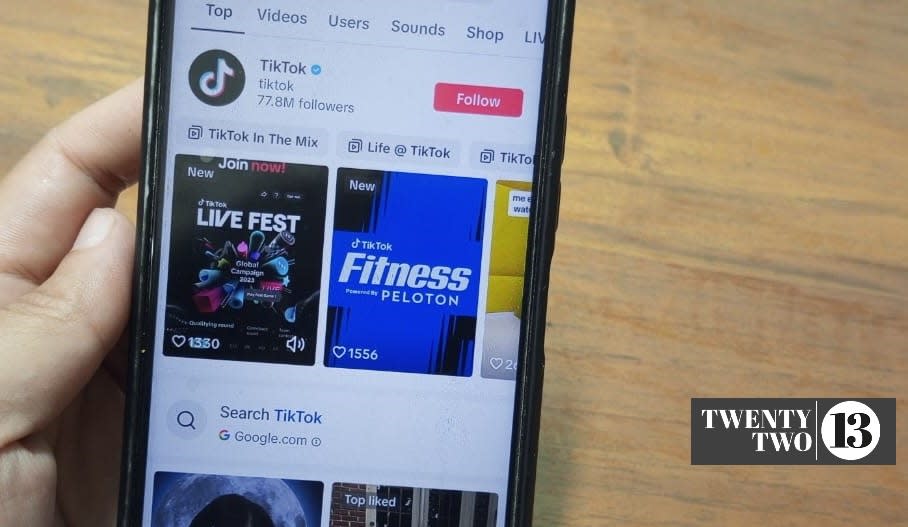TikTok can change your brain before you realise it

With over three billion downloads as of 2021, TikTok was ranked the most popular app of 2021, even dethroning the mega-giant Google. And it is safe to say that most teenagers and kids these days are hooked on the platform.
Filled with short-form content ranging from 15 seconds to one minute, new and more entertaining content by influencers can be accessed with a simple swipe down your handheld device.
But is the experience all fun and games?
“It’s crazy how something as seemingly innocent as short videos can have an impact on the way your mind works!” exclaimed Dharsyana Rao, 22, a budding tech student in Kajang, who had decided to try out the mobile application recently.
People utilise a section of the brain called the prefrontal cortex when performing activities involving prolonged periods of focus, according to the Wall Street Journal, in 2022. However, teenagers and kids generally have difficulty using this part to its full potential as it doesn’t fully develop until age 25.
TikTok videos change rapidly, and thus the brain does not require this section to comprehend the shorts. This could have a detrimental effect as the brain cannot adapt to non-digital activities that are more slow-paced, and those that do not offer instant rewards. This was reported by Philipp Lorenz, Bjarke Morch, Philipp Hovel, and Sune Lehmann in 2019.
“I am more reluctant to start a movie or read a book because I feel like skipping through it just to watch the most stimulating parts, rather than going through the entire story,” said a 16-year-old TikTok user from Putrajaya.
This does not affect only those who consume TikTok media. It also includes any short form content that provides bursts of entertainment or information, producing dopamine and spurring on the never-ending cycle of viewership.
But all is not lost – there is a way to escape from the whirlpool.
There are several ways to prevent addiction to such short reels. Parents are advised to promote positive discussions with their children regarding the adverse effects of social media, and what effect it can have on their brain. This approach – instead of banning outright the app – is encouraged, as it is proven that kids are more likely to follow instructions when told the reasons why. This was extensively researched and proved by Sabrina Dunham, Edward Lee, and Adam Persky in their paper ‘The Psychology of Following Instructions and Its Implications’, published in 2020.
“My parents have set a TikTok screen time cap for my account. Although I resented their decision initially, I now am extremely grateful, as it has improved my attention span,” said 16-year-old Vrinda Seghal, who uses TikTok for entertainment.
TikTok has a built-in screen time management tool since 2020 that allows users to choose a time cap, locked by a four-pin passcode. This is especially useful for kids and teens whose self-control hasn’t developed yet.
Shorts and reels can be an effortless way to achieve quick entertainment wherever you go, but the underlying effects of excessive consumption lie hidden from the naked eye. Moderation is key when it comes to stimulating pieces of content.
To give the younger generation an avenue to express themselves, Twentytwo13 has a dedicated space called Young Voices. If you are a young writer (aged 17 and below) and would like your article published on our news website, send your contribution to editor@twentytwo13.my.
All articles must be accompanied by the young writer’s full name, MyKad number, contact number, and the mobile number of the young writer’s parents/guardians for verification purposes.
This is the personal opinion of the writer and does not necessarily represent the views of Twentytwo13.
The post TikTok can change your brain before you realise it appeared first on Twentytwo13.


